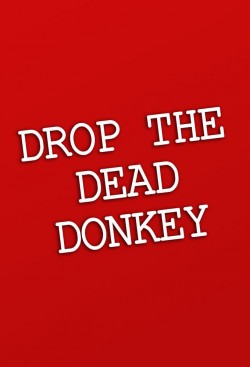
Drop the Dead Donkey
Drop the Dead Donkey is a British situation comedy that ran from 1990 to 1998 on Channel 4. "GlobeLink News," a fictitious television news network, provides the setting for this storyline. The program's realism was bolstered by the usage of recent news items that were recorded just before they were to be shown. Andy Hamilton and Guy Jenkin were the brains behind the project. Haydn Gwynne, Stephen Tompkinson, and Neil Pearson were among the show's many stars. The first episode of the show was about how media mogul Sir Roysten Merchant bought GlobeLink. This was a reference to either Robert Maxwell or Rupert Murdoch. In fact, Andy Hamilton and Guy Jenkin say on their DVDs that it was lucky for their libel lawyers that the two men had the same initials. Ongoing conflict between GlobeLink's crew, lead by editor George Dent, and Sir Roysten's right-hand man Gus Hedges, who is striving to make the show more spectacular and suppress stories that can hurt Sir Roysten's corporate empire are the main focus of the series. As a result, the show won Best Comedy at the BAFTAs in 1994. In 1990, the show won Best New TV Comedy, Best Channel 4 Comedy, and Best Channel 4 Sitcom at the British Comedy Awards.
Read full
Genres:
Production:
N/A
Country:
Duration:
24 m


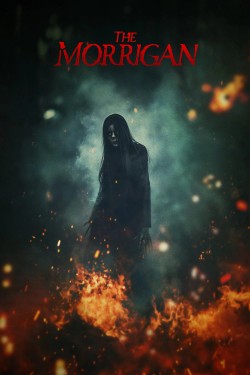
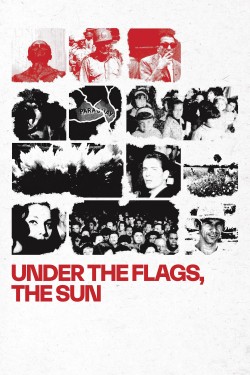
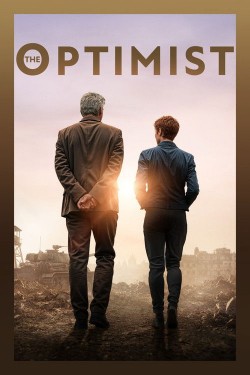
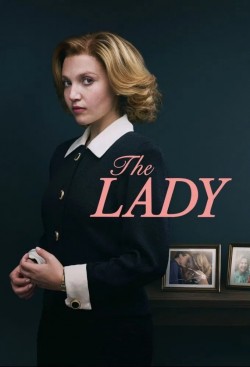
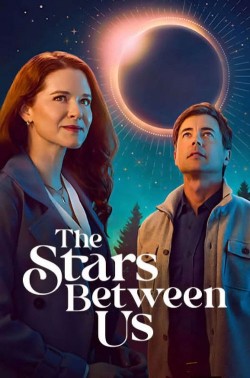

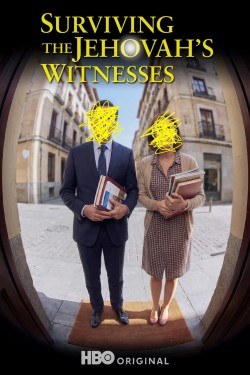
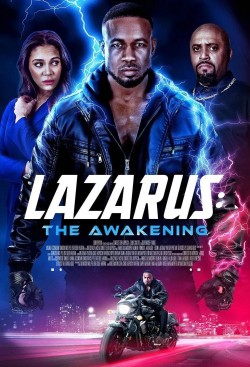
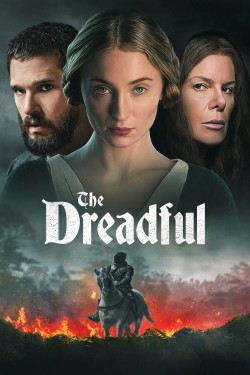
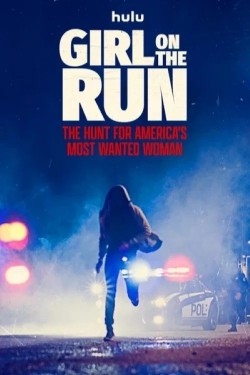

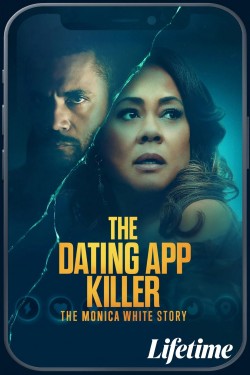
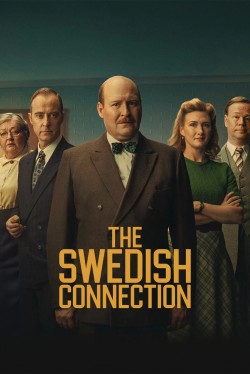



Discussion